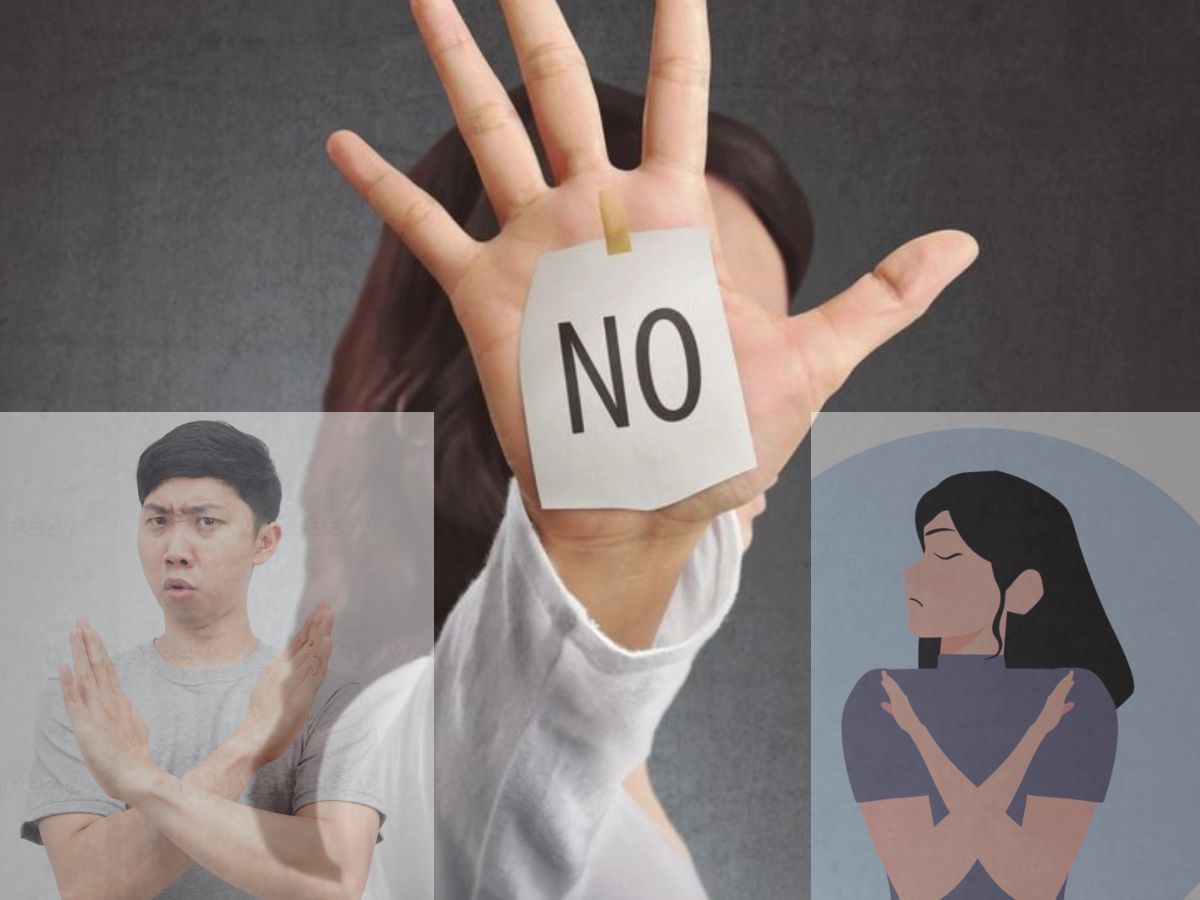In today’s fast paced world, it’s easy to get caught up in saying “yes” to every demand on our time and energy. But constantly overcommitting can lead to burnout, stress, and resentment. That’s where the art of saying “no” comes in- a powerful tool for protecting your mental and emotional well being.
Why Saying “No” Matters
Saying “no” isn’t about being rude or selfish; it’s about setting healthy boundaries that respect your time, energy, and yourself. When you prioritize your own needs, you become more confident, empowered, and respectful of your own limits.
Signs You Need Better Boundaries
• You feel drained after social interactions
• You agree to things you don’t want to do
• You struggle with guilt after saying no
• You prioritize others over yourself
If any of these sound familiar, it’s time to strengthen your “no” muscle.
How To Say No- Without The Guilt
1. Be Honest, Not Harsh: A simple “I’m not able to do that right now” is enough. You don’t need to justify or explain.
2. Practice Assertive Communication: Use clear, kind, and confident language. No thank you, or That doesn’t work for me, sets a respectful tone.
3. Delay Your Response: If you are unsure, say “Let me think about it”. This gives you space to decide without pressure.
4. Offer Alternatives When Appropriate: Suggest another time or solution if you genuinely want to help.
5. Know Your Priorities: When your goals and values are clear, it’s easier to turn down things that don’t align.
Boundaries Aren’t Walls
Setting boundaries isn’t about cutting people off; it’s about protecting your peace. You can still be kind and helpful without sacrificing your own well being.







